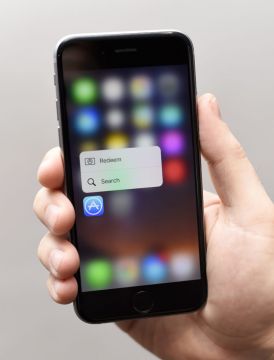Apple has confirmed that new privacy labels being added to apps in the App Store will apply to the firm’s software as well as third-party downloads, after WhatsApp claimed the system unfairly favoured the tech giant.
The new labels, likened to nutritional information on food products, will show users how an app gathers data and tracks them.
On Wednesday, messaging service WhatsApp hit out at the plans, claiming pre-installed, Apple-made apps such as iMessage would not have a label because they do not appear in the App Store, but Apple has clarified that all apps will receive labels, with information on its own apps placed on the firm’s website.
The Facebook-owned messenger service has also argued that the labels are too broad and fail to recognise privacy measures taken by some developers.
“While providing people with easy-to-read information is a good start, we believe it’s important people can compare these 'privacy nutrition' labels from apps they download with apps that come pre-installed, like iMessage,” a WhatsApp spokesperson said.
“Our teams have submitted our privacy labels to Apple but Apple’s template does not shed light on the lengths apps may go to to protect sensitive information.
“While WhatsApp cannot see people’s messages or precise location, we’re stuck using the same broad labels with apps that do.
“We think labels should be consistent across first and third-party apps as well as reflect the strong measures apps may take to protect people’s private information.”
The new privacy feature was announced in June at Apple’s annual Worldwide Developers Conference (WWDC).

At the time, Apple said a new section would be added to each app’s product page containing key information about the data it collects and an accessible version of the main points of its privacy policy.
The tech giant added that the new tool would help create a “transparent overview of an app’s privacy practices” which would be “key to building trust with potential users”.
Earlier this week, the UK’s Competition and Markets Authority hailed the introduction of the labels as a victory for consumer choice and data privacy.







